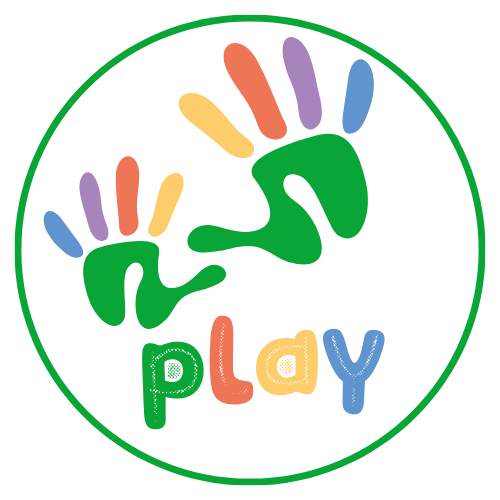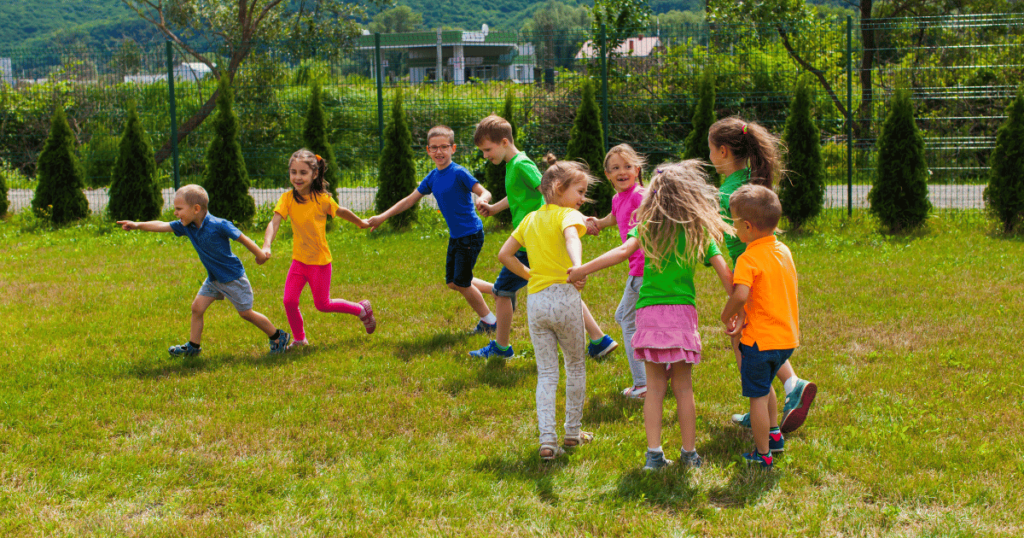Hobbies are a great way for kids to explore their interests, develop new skills, and have fun outside of school. From playing sports and learning musical instruments to reading and painting, hobbies can play an important role in children’s education and personal growth. In this blog post, we’ll explore the many benefits of hobbies for kids and share some examples of popular hobbies that can promote skill development, creativity, and well-being.
- Developing Skills: Hobbies can help kids develop a range of skills, from physical coordination and communication to problem-solving and critical thinking. We’ll discuss how hobbies such as playing team sports or learning a new language can promote skill development and enhance academic performance.
- Promoting Creativity: Hobbies can also be a great outlet for creativity and self-expression. We’ll explore how hobbies such as painting, writing, or music can help kids develop their artistic abilities and inspire them to think outside the box.
- Boosting Well-Being: Hobbies can have a positive impact on children’s mental health and well-being. We’ll discuss how hobbies such as gardening, yoga, or reading can help reduce stress and anxiety, improve mood, and promote a sense of relaxation and mindfulness.
- Building Social Connections: Hobbies can also provide opportunities for kids to connect with others who share similar interests. We’ll explore how hobbies such as team sports, dance, or drama can help kids develop social skills, make new friends, and build a sense of community.
- Encouraging Lifelong Learning: Hobbies can instill a love of learning and a desire to continue exploring new interests and skills throughout life. We’ll discuss how hobbies can help kids develop a growth mindset and a lifelong love of learning.
Examples:
- Music: Learning to play a musical instrument or singing in a choir can promote skill development, creativity, and social connections.
- Sports: Playing team sports or engaging in individual activities such as swimming or running can promote physical fitness, skill development, and social connections.
- Art: Painting, drawing, or sculpting can help kids develop artistic abilities, creativity, and self-expression.
- Reading: Reading can promote literacy skills, imagination, and a love of learning.
- Gaming: Playing video games can promote problem-solving skills, hand-eye coordination, and social connections.
Hobbies are an important aspect of children’s education and personal growth. They can promote skill development, creativity, well-being, social connections, and a lifelong love of learning. By encouraging kids to explore their interests and try new activities, parents and educators can help them develop a well-rounded set of skills and abilities that will benefit them throughout life.




